Bronx Boys: Coming of age in New York's roughest borough
Stephen Shames turns two decades of photographs into a moving collection

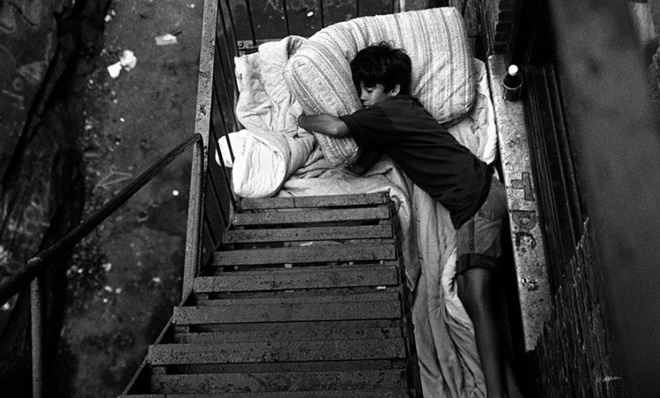
A free daily email with the biggest news stories of the day – and the best features from TheWeek.com
You are now subscribed
Your newsletter sign-up was successful
In 1977, photographer Stephen Shames was sent by Look magazine to capture the Bronx borough of New York City, which was at the time considered one of the country's most dangerous places to live. And it was this assignment that led the veteran photojournalist to one of his most in-depth, personal projects — a decades-long series about young men and boys living in the borough.
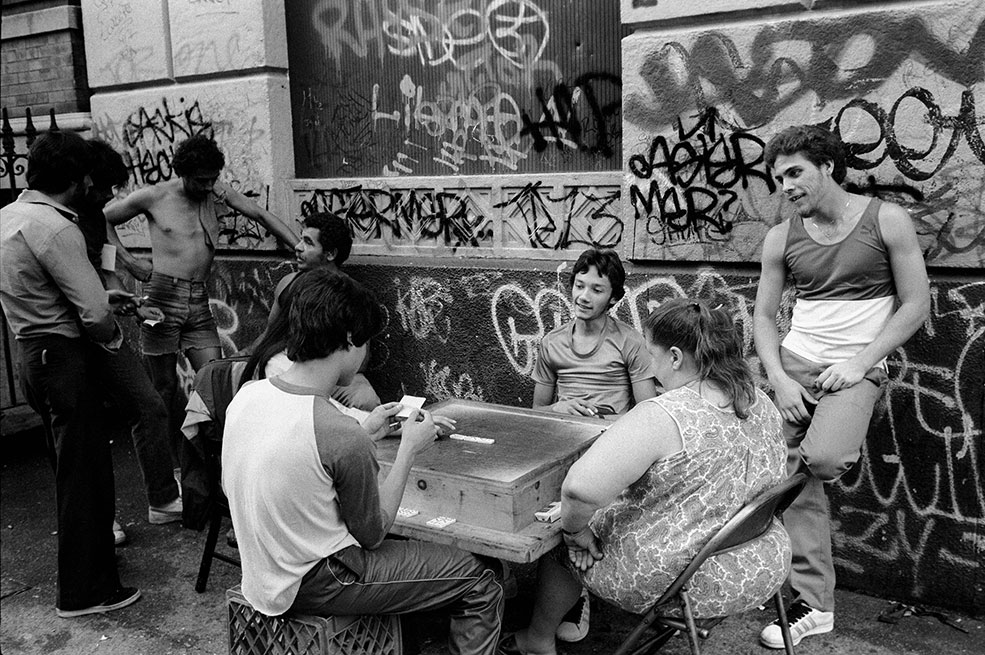
Early on, Shames found himself drawn to the groups of boys raising themselves in "crews" — makeshift families that provided some semblance of safety from the crime- and poverty-ridden streets on which they lived. And over the course of two decades, and countless visits, the photographer sought to earn their trust and embed himself into their tight-knit community.
Thanks to Shames' dedication, his resulting book, Bronx Boys (University of Texas Press), captures an impressive scope of the boys' lives. It is by turns uplifting and tragic as it tours through these personal histories. Using Shames' recollections as well as those of some of his subjects, the book remembers those who succumbed to drugs, alcohol, or crime, and celebrates others who matured into young men with families of their own.
The Week
Escape your echo chamber. Get the facts behind the news, plus analysis from multiple perspectives.

Sign up for The Week's Free Newsletters
From our morning news briefing to a weekly Good News Newsletter, get the best of The Week delivered directly to your inbox.
From our morning news briefing to a weekly Good News Newsletter, get the best of The Week delivered directly to your inbox.
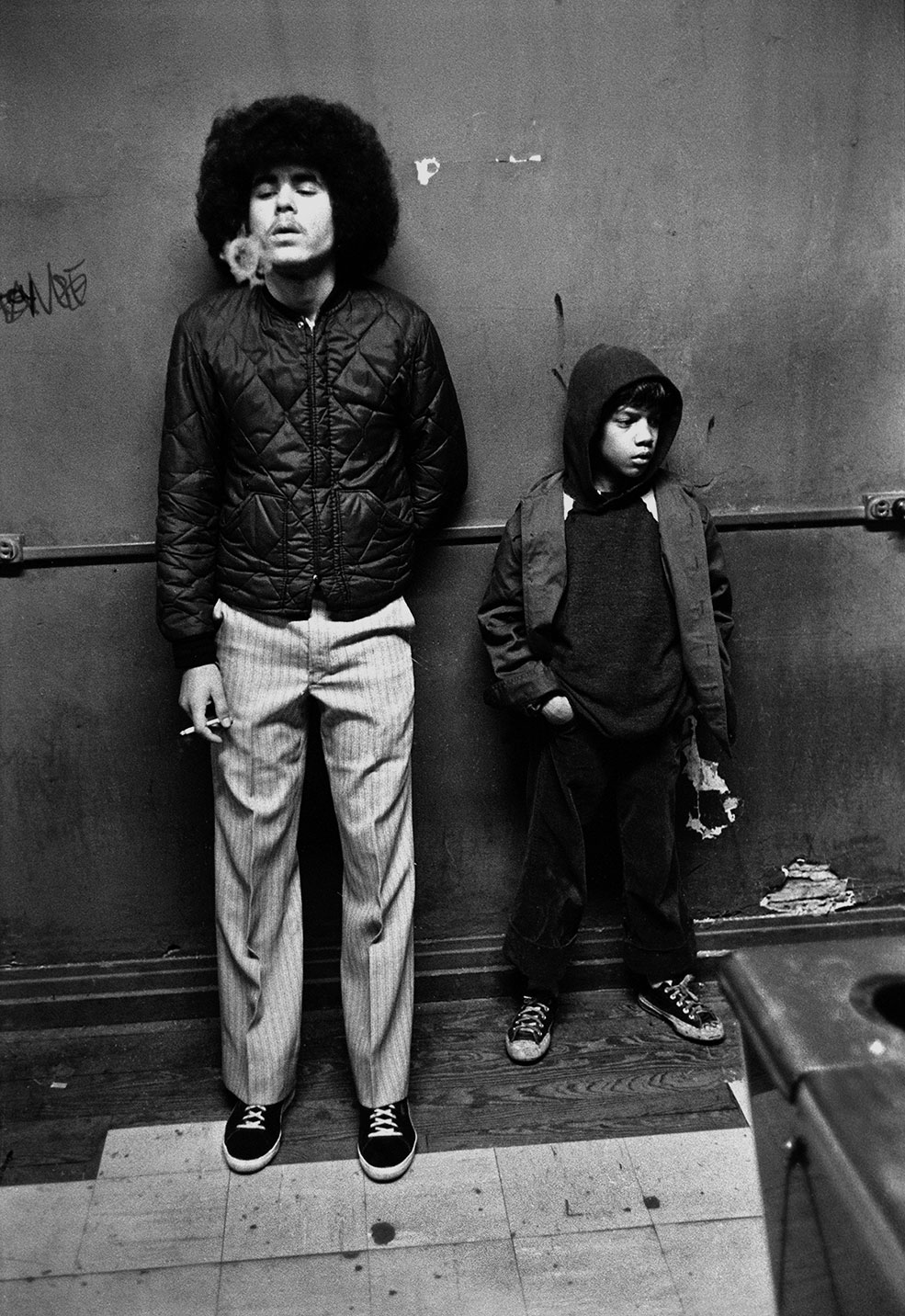
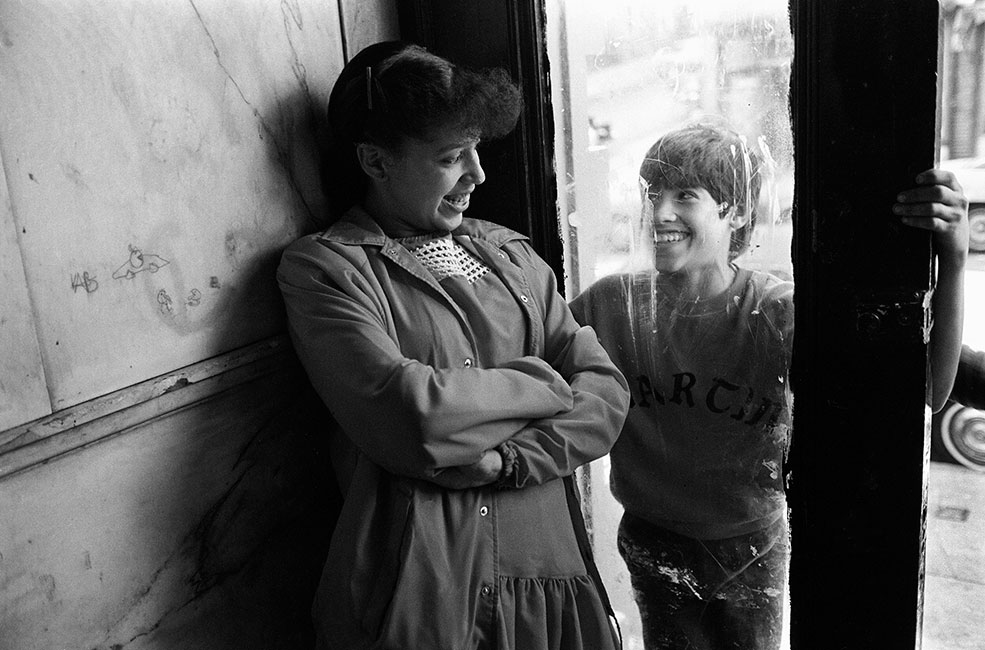
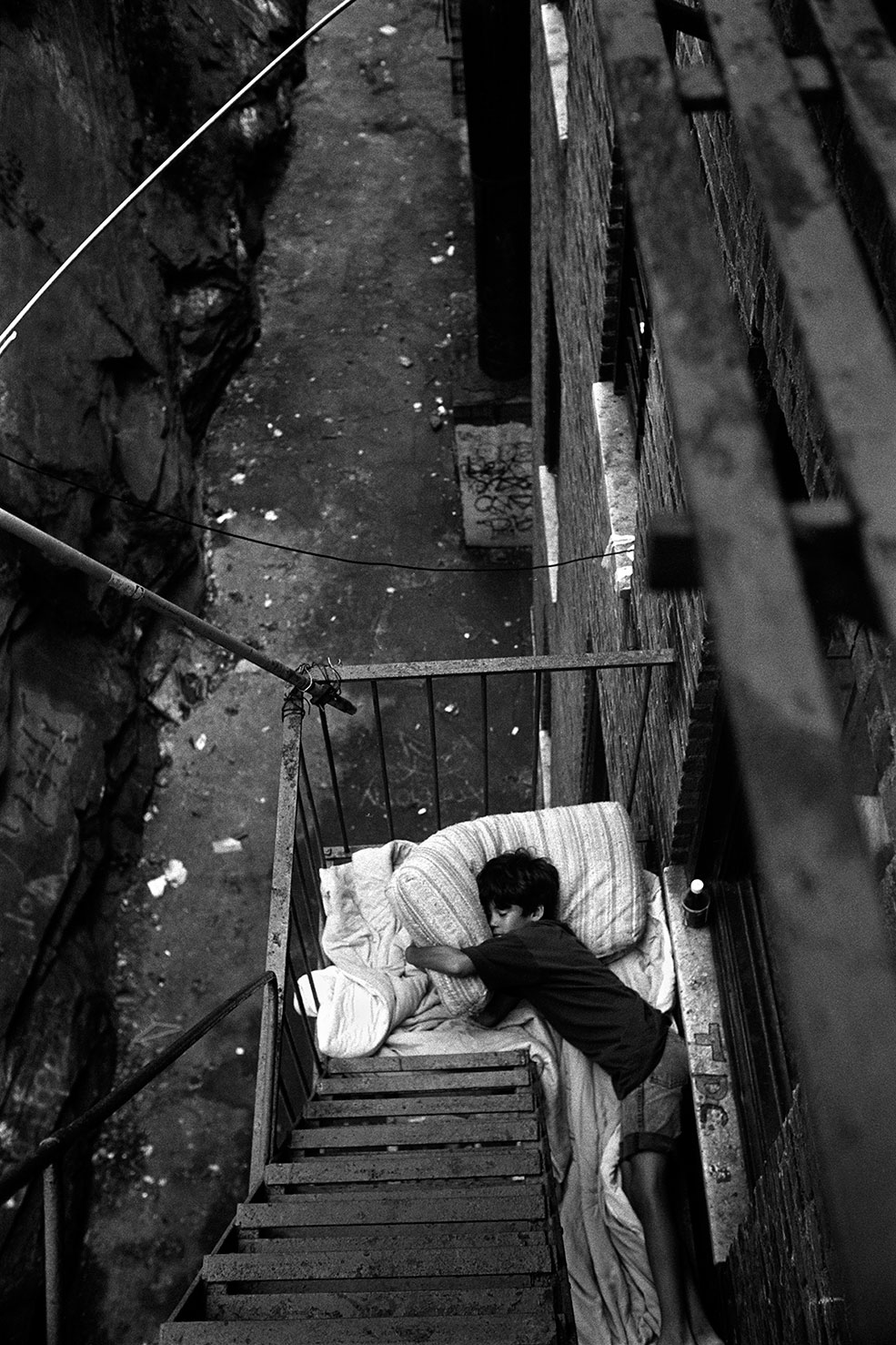
In the end, Shames did more than earn his subjects' trust, he became a parental figure of sorts. In his 30s at the time, the photographer exhibited those adult qualities — dependability, consistency, and a displayed interest in their welfare — that were so rare for many of the street-savvy kids. When viewed through this narrative, the photographs are especially poignant and take on the hue of childhood snapshots no one else thought to capture.
"Steve was always pushing me to go to school," Jose "Poncho" Munoz writes in the book's afterword. "I wanted to go, but I was not focused. Steve was still there for me. I told Steve all the time, 'Thank you for being the actual guy.'"
Munoz now owns his own business and lives in the Bronx with his wife and children.
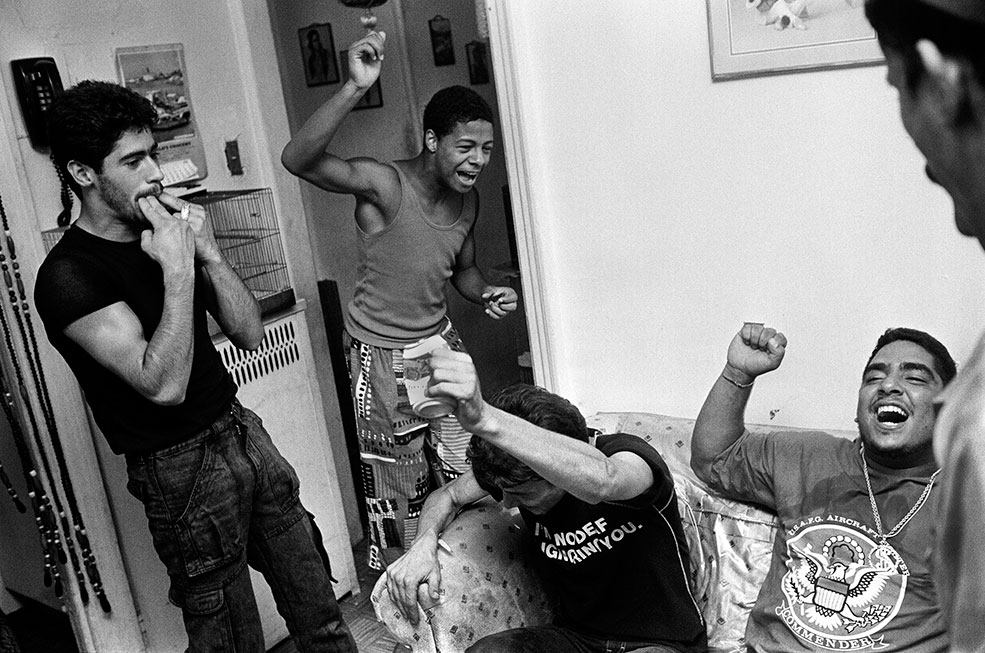
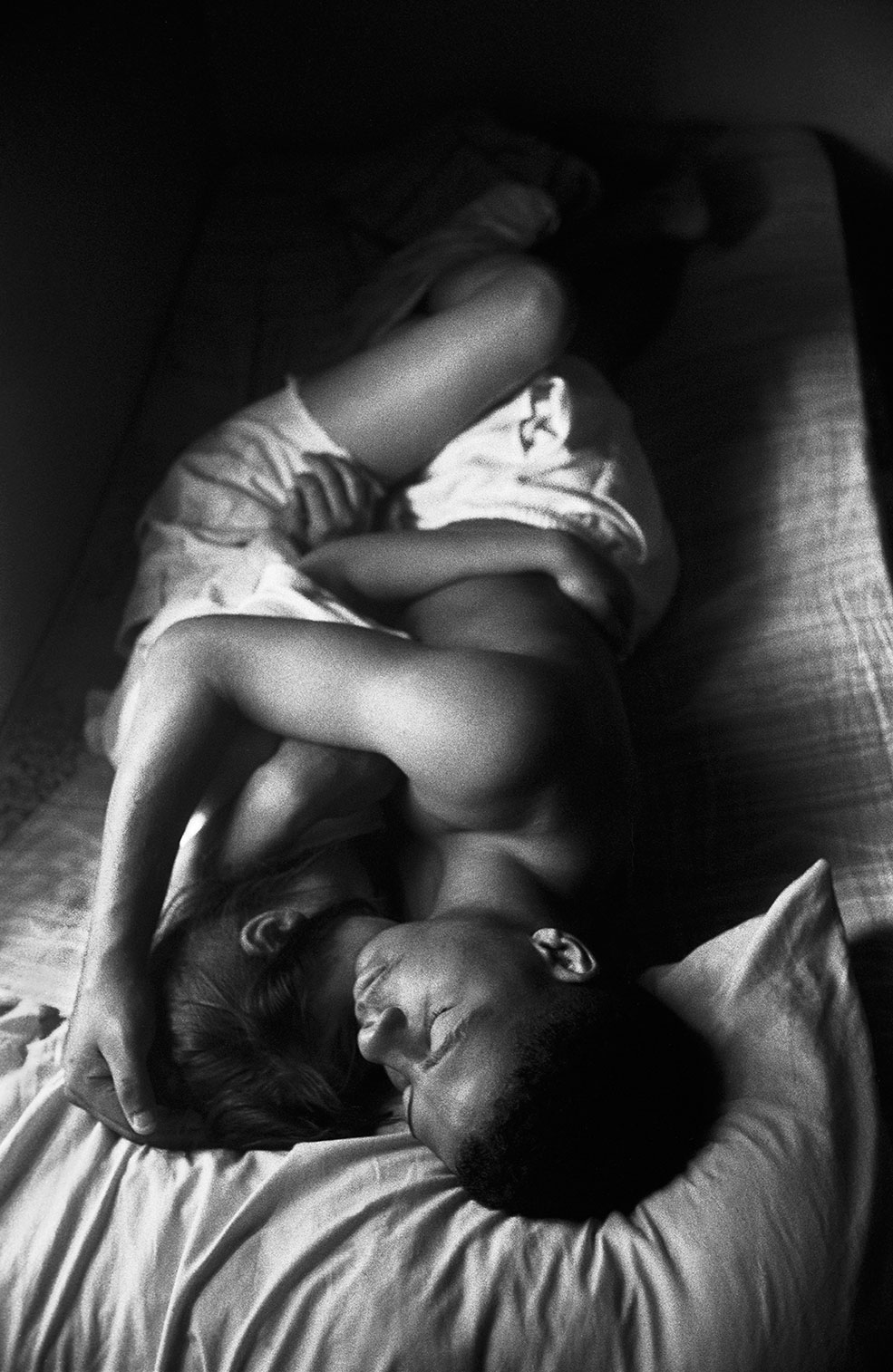
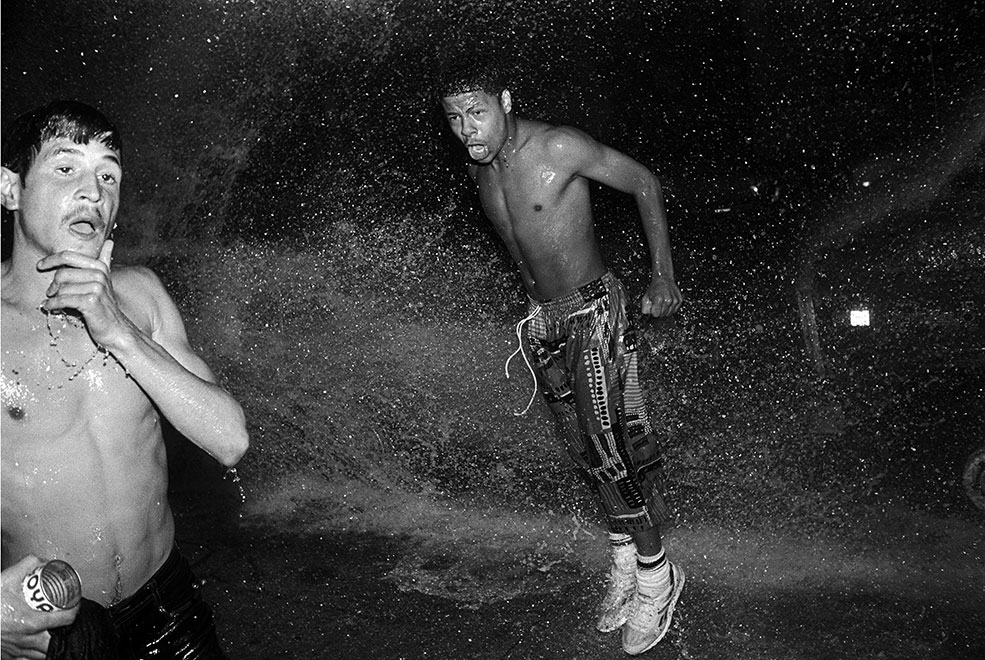
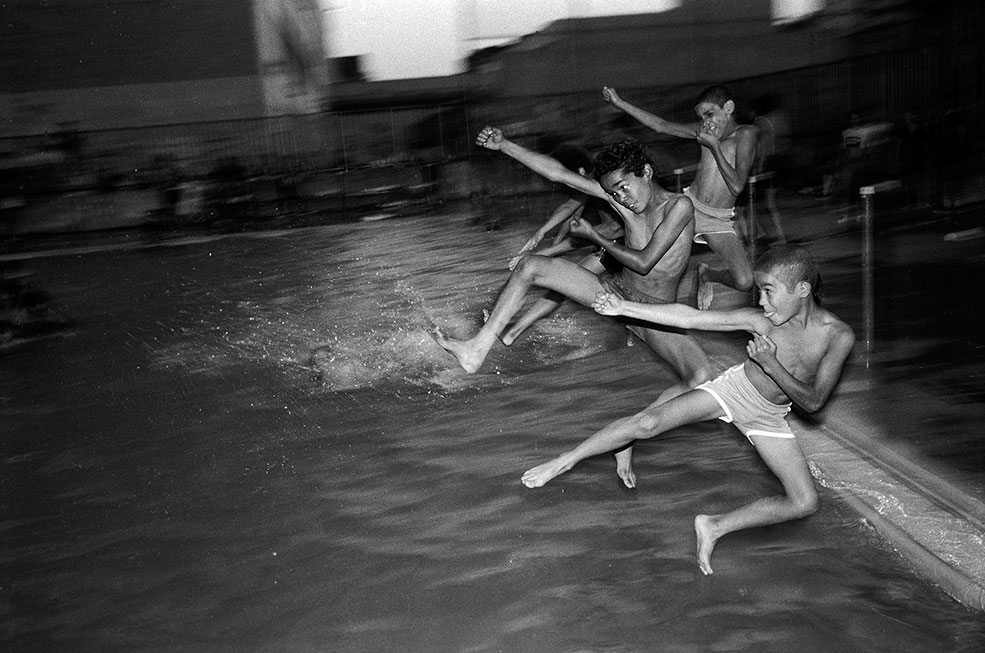
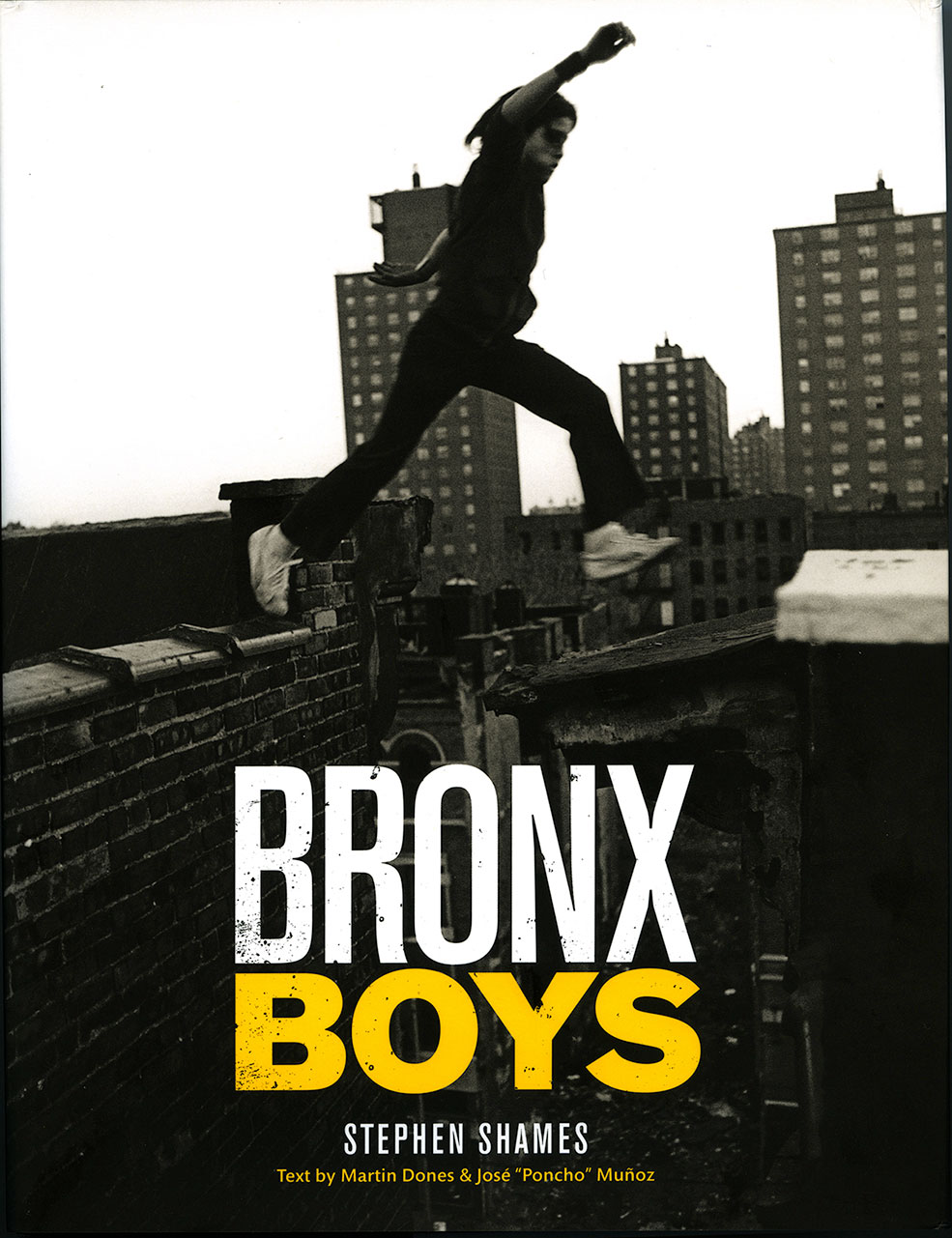
A free daily email with the biggest news stories of the day – and the best features from TheWeek.com
Sarah Eberspacher is an associate editor at TheWeek.com. She has previously worked as a sports reporter at The Livingston County Daily Press & Argus and The Arizona Republic. She graduated from Northwestern University's Medill School of Journalism.
-
 Political cartoons for February 16
Political cartoons for February 16Cartoons Monday’s political cartoons include President's Day, a valentine from the Epstein files, and more
-
 Regent Hong Kong: a tranquil haven with a prime waterfront spot
Regent Hong Kong: a tranquil haven with a prime waterfront spotThe Week Recommends The trendy hotel recently underwent an extensive two-year revamp
-
 The problem with diagnosing profound autism
The problem with diagnosing profound autismThe Explainer Experts are reconsidering the idea of autism as a spectrum, which could impact diagnoses and policy making for the condition
